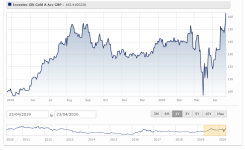Who said they were shorting? When does it expire? (If I have understood shorting correctly

)
When does what expire? It depends what you're talking about/what you're trying to understand.
Just as a quick overview:
Shorting the stock itself simply involves borrowing some shares and selling them with an obligation to return them in future - you can hold that position for as long as you're able to borrow those shares... you'll pay to borrow them though thus the person lending the shares (generally a fund), gets to earn from making them available to short sellers... in fact the fund management company often pockets a nice hefty fee themselves before passing on the income generated to the fund itself (the client's money/investments).
But that isn't the only way to short a stock - that's what happens with US stocks but in the UK we have stamp duty so as a retail punter you'd perhaps make use of a CFD or spread betting to trade UK equities, these can be held for as long as you like though there are fees applied and they can be deceptively expensive. The typical CFD or SB firm would be illegal in the US they used to have basically the same sort of firms there over 100 years ago called bucket shops. Obviously they didn't have the internet back then but they did make use of (modern) at the time communication methods - they'd have an actual shop and a ticker tape/price feed giving regular updates of stock prices which some boy would then read from the tape and update the stock prices on big board. They weren't proper brokerages but rather they were essentially offering bets and would basically "bucket" the trades rather than actually execute any of them on the exchange - they'd offer leverage and were popular with mug punters thus most clients ended up losing money.
US brokers as well as not having to deal with stamp duty and offering the ability to short stocks will tend to offer some leverage - they have rules in place against day trading unless you have an account above a certain size or have passed some professional exams - some day traders basically sit exams and are then able to bypass the rules use loads of leverage and then lose their shirts anyway...
There are of course other ways to short stocks using futures and options - there are single stock futures and they have an expiry - I guess you could think of them as being similar to spread bets or CFDs in some ways, except they're exchange traded and don't come with additional fees (beyond the clearing/brokerage fees when buying and selling).
Options can of course used to create a short position too - buying a put is a short position (as is selling a call). There are other positions you can create by combining options and of course there are different types of options that exist beyond the vanilla options generally traded on exchanges... at one point various bucket shops in the UK were promoting "binary bets" (essentially binary options) to mug punters for example (not a good idea).


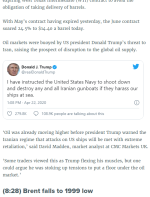
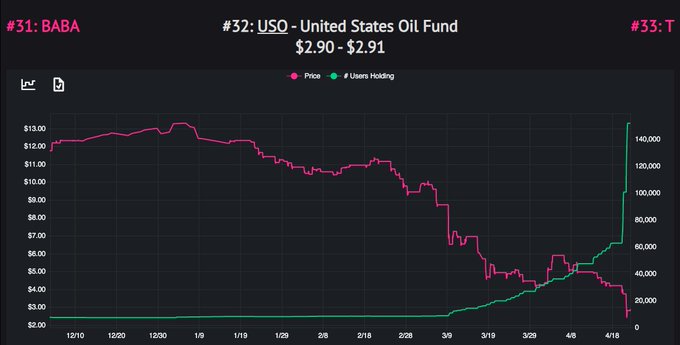
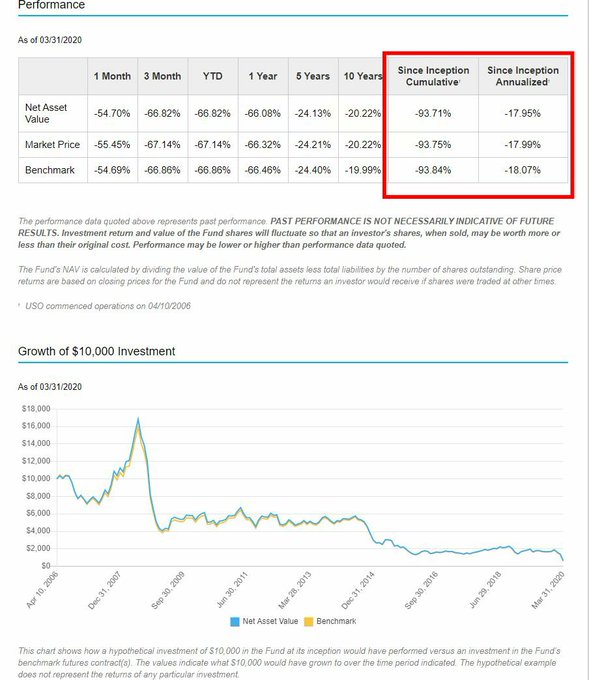
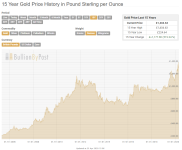

 )
)